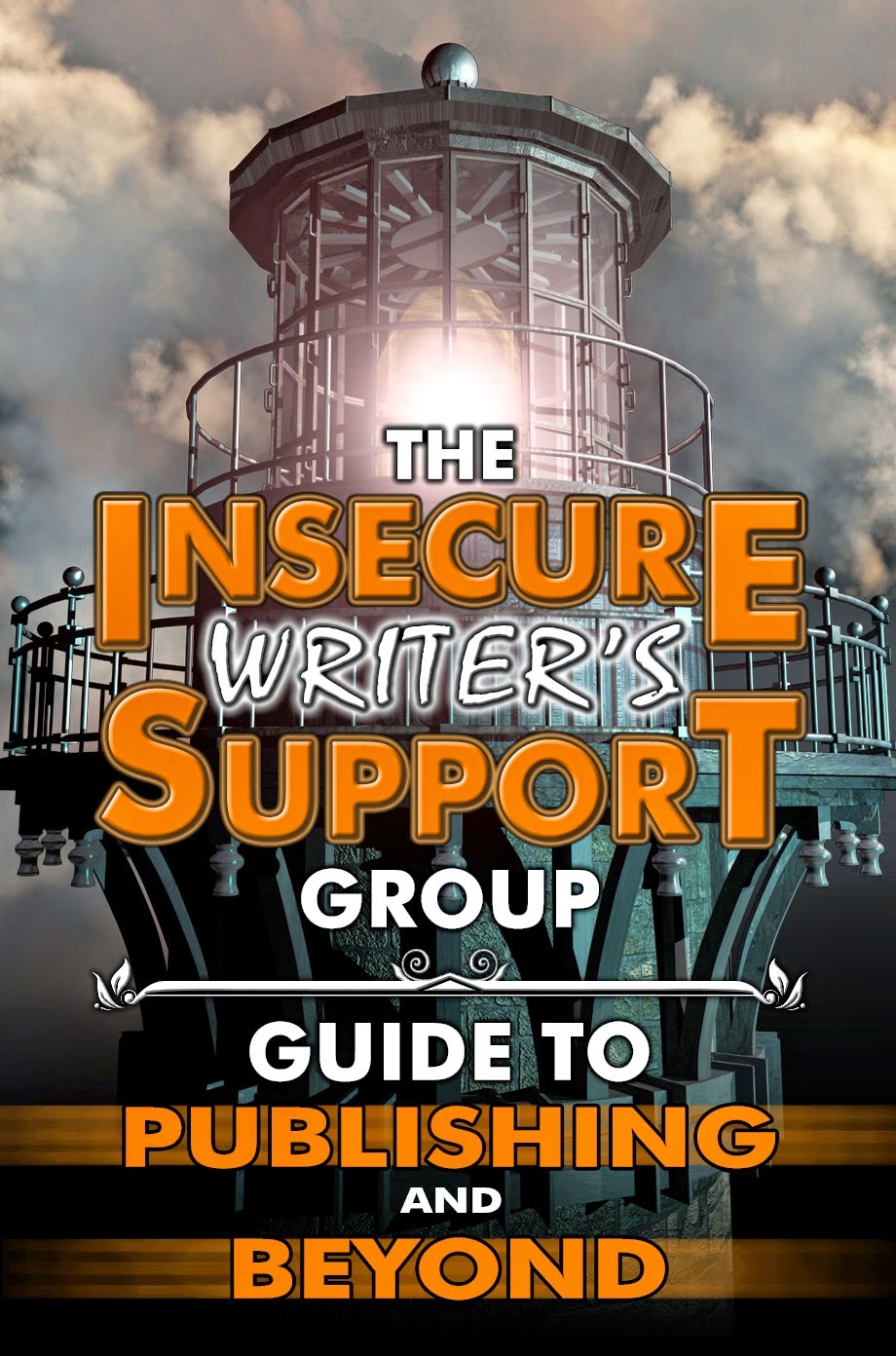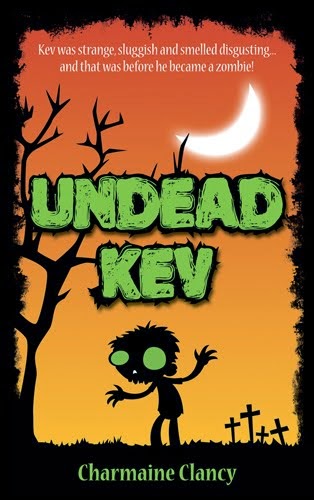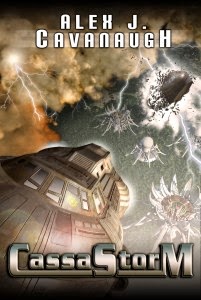Often the reason a scene doesn’t work, or doesn’t seem to
have any life to it, is because what’s happening in the scene isn’t very interesting.
People may be doing things, moving around, attempting to
reach their goals, but how they’re going about is too straightforward or too
easy.
There are various ways to achieve things in life that are
reasonable and sensible. You want to be a doctor, you go to medical school and
study hard. If you portray that within a story it may feel realistic and true,
but it won’t be very gripping.
There is more to a good story than holding a mirror up to life.
This is true of both big events and small. If I owe money to
a loan shark who’s threatened to break my legs, and I go to my friend and
borrow a grand and pay of the loan, that isn’t much of a story.
Equally, if I wake up late for work and I have an important
meeting so instead of taking the train I call a taxi and pay a little extra to
get to work on time, that isn’t interesting either.
The fact a character has a problem they need to deal with
isn’t the part that makes a story engaging. It’s how the character goes about
solving that problem. Doesn’t matter how high the stakes are, if the solution
is just a matter of doing something obvious, what you end up with is a boring
story.
It can be easy to fool yourself into thinking the more
worked up or concerned a character is the more the reader will feel the same,
and to some degree that is true. There are certain emotional triggers that will
always get a response. A scene of a child being abused in some way will make
most people react on a emotional level. But if you coast on that initial surge
of emotion you will find it peters out pretty quickly.
Dramatic action requires the following:
1. The easy, obvious answers are unavailable. This should be
for legitimate reason, not just because the character doesn’t feel like it.
2. The way forward should be unsmooth. Obstacles, unforeseen
circumstances, foreseen but unavoidable circumstances, opponents, mistakes, lies, tricks, misunderstandings...
all these can be used to make life difficult.
3. Consequences help raise tension. If what a character does
is going to result in unpleasant after-effects, that helps make it more
dramatically interesting. If every option has some unpleasantness associated
with it, a dilemma, that will engage a reader strongly.
Effort does not count as action, dramatically speaking. If
the path is straightforward but uphill, that doesn’t make it interesting.
Doesn’t matter how much sweat and toil is involved, putting one step in front
of the other is boring no matter how physically demanding.
Physical action on its own is not guarantee of dramatic
action. If two people go to dinner in a nice restaurant and have a pleasant
time, that may reflect a realistic first date, with some funny banter and
romantic looks (and some beautifully described food), but there’s no action in
the narrative,
When you have physical action without any dramatic element
you are basically providing description not action. At the same time, you can
have dramatic action with very little actual physical movement.
If a neighbour knocks on the door and asks for a cup of
sugar and our character and the neighbour chat while he gets it for her, even
though that introduces two characters to each other in a way that is both clear
and pertinent, the writing of them in the kitchen, moving around, making
gestures and looks, is me describing a scene. There is no dramatic action.
If I take the same scenario, but I add an escaped convict in
the house holding a knife to the main character’s daughter’s throat, telling
him to get rid of the neighbour or the kid gets it, then the MC and the
neighbour at the door takes on a whole new complexion.
Even though the whole scene may now occur in the doorway
with neither character showing any physical movement, there’s a lot of dramatic
action going on. The MC has to get rid of the neighbour without making either
the neighbour or the convict suspicious—even the most mundane conversation
could be filled with landmines.
Of course, our MC could just say he has also run out of
sugar and the neighbour could just leave, but you can feel the tension deflate
out of what could be a marvellously fraught scene. So maybe I’ll change it to
the neighbour coming round to invite our MC to a meeting of the neighbourhood
watch, and while she’s here she could do a check of locks and security, she’s
been on a training course and it would be no bother...
The more difficult you make the MC’s predicament, the more
entertaining the scene will become, both for the writer and the reader.
If you found this post of use, please give it a retweet. Cheers.








































































































13 comments:
Make it difficult not smooth - check!
@Alex - Yes, unsmooth. That's a word, right?
Great post. I'm having this exact sort of problem right now and this has really got me thinking. I think I'm making it too easy for my characters (at least at the current part I'm writing), and maybe even something as simple as making it more difficult for a character to get what he wants would make it more interesting.
I love this. I've read so many books where characters are just doing stuff, and there's just not enough dramatic tension. It ends up just being filler.
@Sarah Anne - the tricky part is once you've made life difficult, finding an interesting and convincing way out.
@Jay - cheers.
I agree with what you've said here for the most part, but I'm going to take the devil advocate because sometimes that just needs to be done. :-)
Not every scene needs to have a knife-wielding criminal hiding in the background to be dramatic. A book with only physical danger gets repetitive and boring. Using your scene with the neighbor borrowing sugar, it can become dramatic if the author shows the relevant conflict between the two neighbors. Perhaps the sugar loaner thinks the neighbor is having an affair with her teenage son, or the sugar borrower wants the sugar to put into the gas tank of her ex-husband and thinks the neighbor suspects. Through deep pov, body language and great dialogue (including clues about what is not being said) the above scene can be a full of drama. But it must be relevant drama - if the ex-husband or teenage son don't play a part in the book, then they have no business being there.
The hardest part of writing is making sure that in every scene, the readers either learn something important or we move towards the resolution at the end.
@PBuff - the examples i use are just to make my point as clear as possible and the knife wielding maniac was just to show how a static scene (at the door) can be filled with tension.
Any scene can be dramatic if what people are doing matters and isn't too easy. But even in the knife scene I used, if the guy got rid of the neighbour easily that would undercut the drama.
If the action is straightforward, even if it's accurately observed with deep pov etc it will feel undramatic.
If the neighbour is coming round to find out something, then how she goes about it requires her (and the writer) to be inventive and interesting in the method used. Motivation alone isn't enough.
I think this is one of those areas where it depends on the reader's taste. For example: some people have said they find the hockey segments in some of my stories (and they are only a few pages but some people exaggerate for effect and say they take up 90% of the book which is complete bullshit)to be boring. Well, the segments are crucial to the plot, and it's also the character (which is surprise surprise--from the very beginning--a hockey player).
Here's why I think I got dinged in reviews for this tactic: it's because I went to a fucking book blogger and said "WILL YOU PLEASE READ MY BOOK?"
Oh boy...there's the rub. You force some person to read fiction that they would otherwise not ever read.
I'm not ever going to solicit book bloggers again. People need to "find/discover" your work on your own.
The people that have done this for me, have liked what I wrote. Anyone who I have forced my story upon, has usually come back with a moderate to low book rating.
Gee...I wonder why? Well it's obvious to me now. They wouldn't have read my book had I not solicited them to do so and given them a free copy.
That's just my opinion. Take it how you will.
Interesting post! I agree there should be complexity--if a character's actions are already clear-cut, there's not much point to the scene.
I'm terrible at this. My scenes have a lot of drama while I'm writing them, but are completely boring to readers.
@Michael - there are some people who don't like chocolate and no matter how great the dessert it won't work for them if it contains that ingredient. At the same time, some people love chocolate so much it doesn't matter how bad a recipe it's in, they love it. That's always going to be the case, but most people aren't at those extremes. If it's a good chocolate cake they like it, if it's a bad one they don't.
When it comes to book bloggers, most are just expressing a personal taste, and usually not very coherently. I don't really think it's the people at opposite poles (those who unconditionally hate it or love it) that are worth listening to, although they seem to speak the loudest on the internet.
It's not easy analysing a story in a way that's both accessible and informative, so mostly I think it's about getting people to try it for themselves. Now, if I could just figure out how...
@Golden - there are some stories where predictable things happen and that's what the reader wants. Wish fulfillment seems to be a big seller these days.
@Poetry Pagan - practice makes perfect!
Reminds me to check what's going on with microtension on every page.